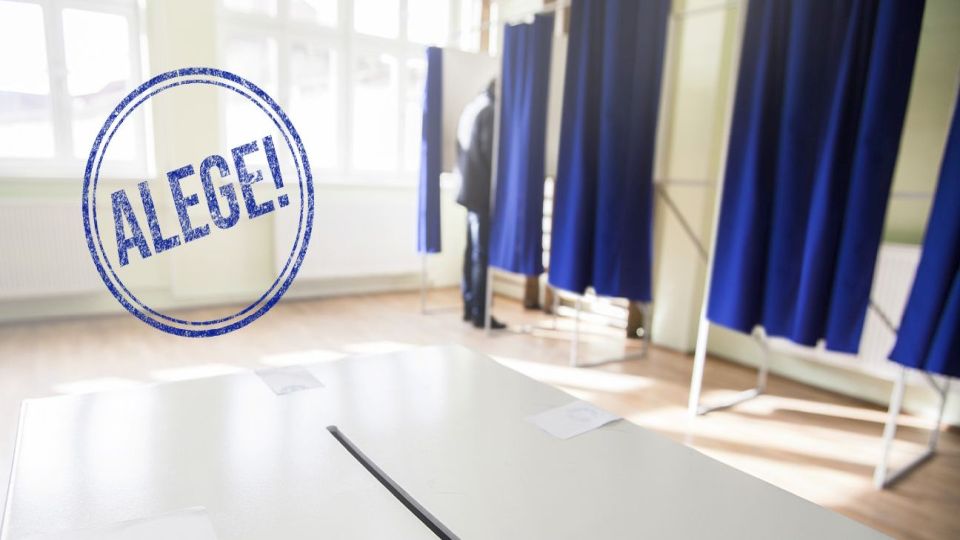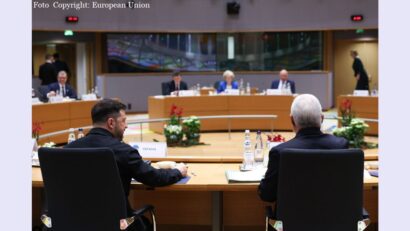The Outcome of the Parliamentary Elections in Romania
This year’s elections for the Parliament of Romania have decided that its structure include seven political groups

Corina Cristea, 02.12.2024, 14:00
Pro-European parties have mustered the votes of 57% of the Romanians who went to the polls to cast their ballot for the country’s future legislature, whereas the so-called sovereignist, isolationist political groups have gathered 32%.
The elections registered a record high turnout, over 52% – the largest in the past 20 years. And seven political groups have cleared the minimum 5% threshold to become part of the new Legislature.
The incumbent ruling Social Democratic Party (PSD) got most of the votes followed by the sovereignist AUR, which doubled its number since the last election four years ago. The co-ruling National Liberal Party, a.k.a PNL, has obtained a better result than its leader in the last week’s presidential election. The number of votes it won was close to that obtained by the centre-right USR.
The Democratic Union of Ethnic Hungarians in Romania has also cleared the minimum threshold and so has the extremist-sovereignist SOS Romania party led by the controversial MEP Diana Șoșoacă as well as the newly-established Young People’s Party (POT) founded by Ana-Maria Gavrilă, who had made it to Parliament on AUR tickets four years ago.
Shortly after the exit-polls on Sunday night leaders of the seven parties made statements. “Through their vote in the Parliamentary elections the Romanians said they wanted the continuation of the country’s European and Euro-Atlantic progress”, Social-Democrat leader Marcel Ciolacu said.
“This is an important signal the Romanians have sent the political class – to continue to develop the country on European money but at the same time to protect our identity, national values and faith,” the AUR leader, George Simion, said. According to him the Romanians want a change and the representatives of his party will ensure the observance of the national values and democracy and that dialogue is the solution to Romania’s future. The interim PNL president, Ilie Bolojan, has thanked the Romanians for their interest in the election and has assured them the Liberals will continue to support the state reforms. In turn, the USR leader, Elena Lasconi, has made an appeal to unity for defending democracy and European values.
Most of the Romanians abroad have endorsed the AUR party, but options also included USR, SOS Romania and POT. Turnout abroad was also significant, standing at roughly 800 thousand voters, three times higher than in the 2020 election. The largest number of voters was reported in Britain, but also in Italy and Germany.
(bill)






























